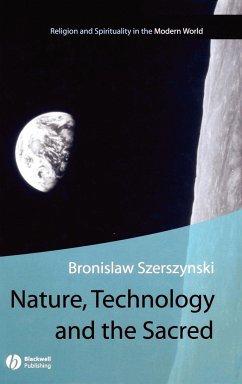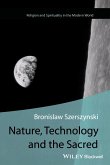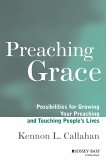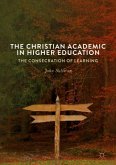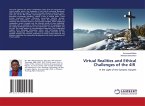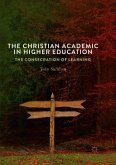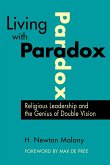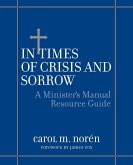This provocative and timely book argues that contemporary ideas and practices concerning nature and technology remain closely bound up with religious ways of thinking and acting. Using examples from North America, Europe and elsewhere, it reinterprets a range of 'secular' phenomena in terms of their conditioning by a complex series of transformations of the sacred in Western history. The contemporary practices of environmental politics, technological risk behaviour, alternative medicine, vegetarianism and ethical consumption take on new significance as sites of struggle between different sacral orderings. Nature, Technology and the Sacred introduces a radically new direction for today's critical discourse concerning nature and technology - one that reinstates it as a moment within the ongoing religious history of the West.
"With this book Szerszynski makes a highly original contribution toEuropean social theory of the politics of nature and reflexivemodernization. Paddling hard against the main currents of thoughtin this area, he doggedly follows his hunch - that the contemporarypoliticization of nature and technology is by no means a sign ofour final departure from the horizon of religion and the sacred.The scholarly yet engaging way in which he develops his case willmean that this book will become an obligatory reference point forthose wishing to locate the contemporary debates about how weshould live with technology and nature within the longer scope ofWestern history." Ulrich Beck, Ludwig-Maximilian University,Munich
"Szerszynski's meticulously researched and well-arguedbook comprehensively demolishes the notion that monotheismdisenchanted the natural world ... This book will stand formany years to come as the authoritative treatment of a topicwhich in turn stands at the very centre of the entire ecologicaldebate." John Milbank, University of Nottingham
"Szerszynski draws on several centuries of Western religious andphilosophical thought to rebut the idea that modernity's loveaffair with technology has taken the sacred out of nature. Hisprovocative, wide-ranging study will broaden the horizons ofenvironmental scholarship as well as science and technologystudies." Sheila Jasanoff, Harvard University
"In this impressive, wide-ranging new volume, BronislawSzerszynski provides a sophisticated historic overview of thedevelopment of technology from ancient times to the present. [...]This book is a highly refined and intelligent work and whether itsconclusions are met with enthusiasm or sceptical disagreement, itdemands and deserves significant attention." Journal ofContemporary Religion
"Nature, Technology and the Sacred takes ourability to study implicit religion to a new and deeper level... We can only anticipate that much more will come from thisformidable scholar."
Implicit Religion
"Szerszynski's meticulously researched and well-arguedbook comprehensively demolishes the notion that monotheismdisenchanted the natural world ... This book will stand formany years to come as the authoritative treatment of a topicwhich in turn stands at the very centre of the entire ecologicaldebate." John Milbank, University of Nottingham
"Szerszynski draws on several centuries of Western religious andphilosophical thought to rebut the idea that modernity's loveaffair with technology has taken the sacred out of nature. Hisprovocative, wide-ranging study will broaden the horizons ofenvironmental scholarship as well as science and technologystudies." Sheila Jasanoff, Harvard University
"In this impressive, wide-ranging new volume, BronislawSzerszynski provides a sophisticated historic overview of thedevelopment of technology from ancient times to the present. [...]This book is a highly refined and intelligent work and whether itsconclusions are met with enthusiasm or sceptical disagreement, itdemands and deserves significant attention." Journal ofContemporary Religion
"Nature, Technology and the Sacred takes ourability to study implicit religion to a new and deeper level... We can only anticipate that much more will come from thisformidable scholar."
Implicit Religion

